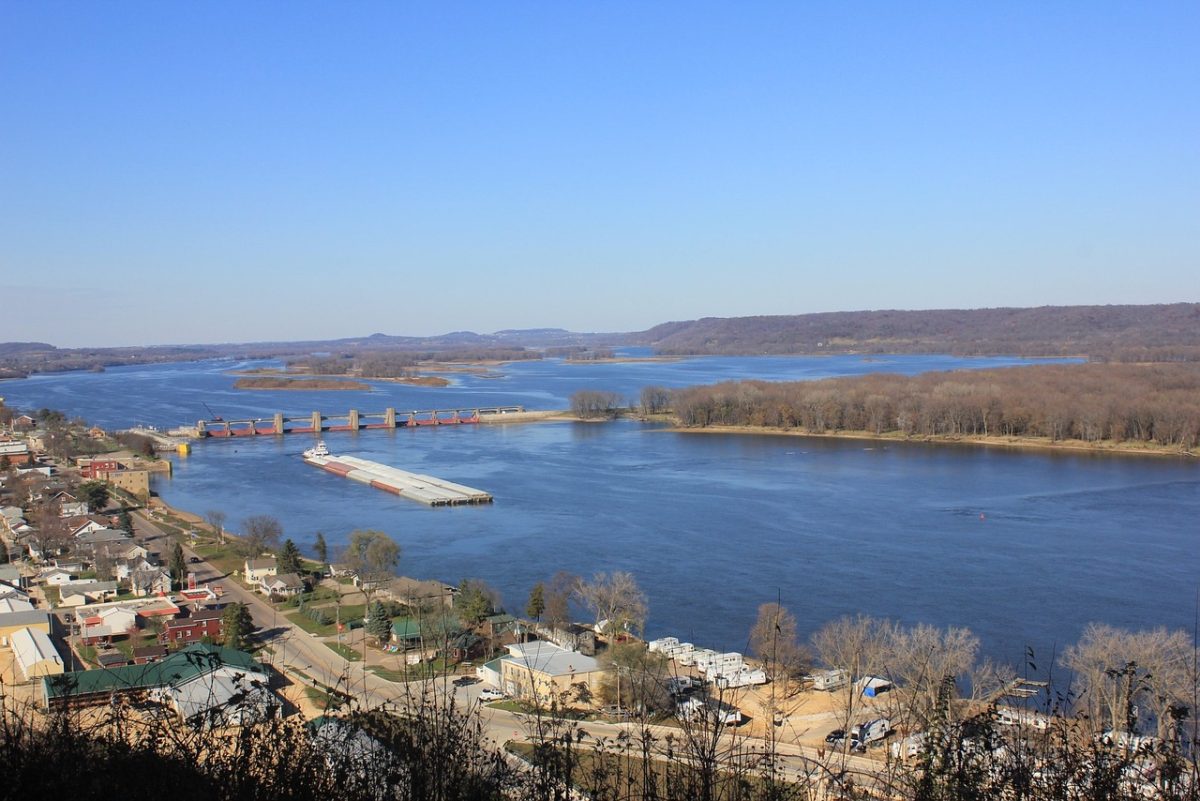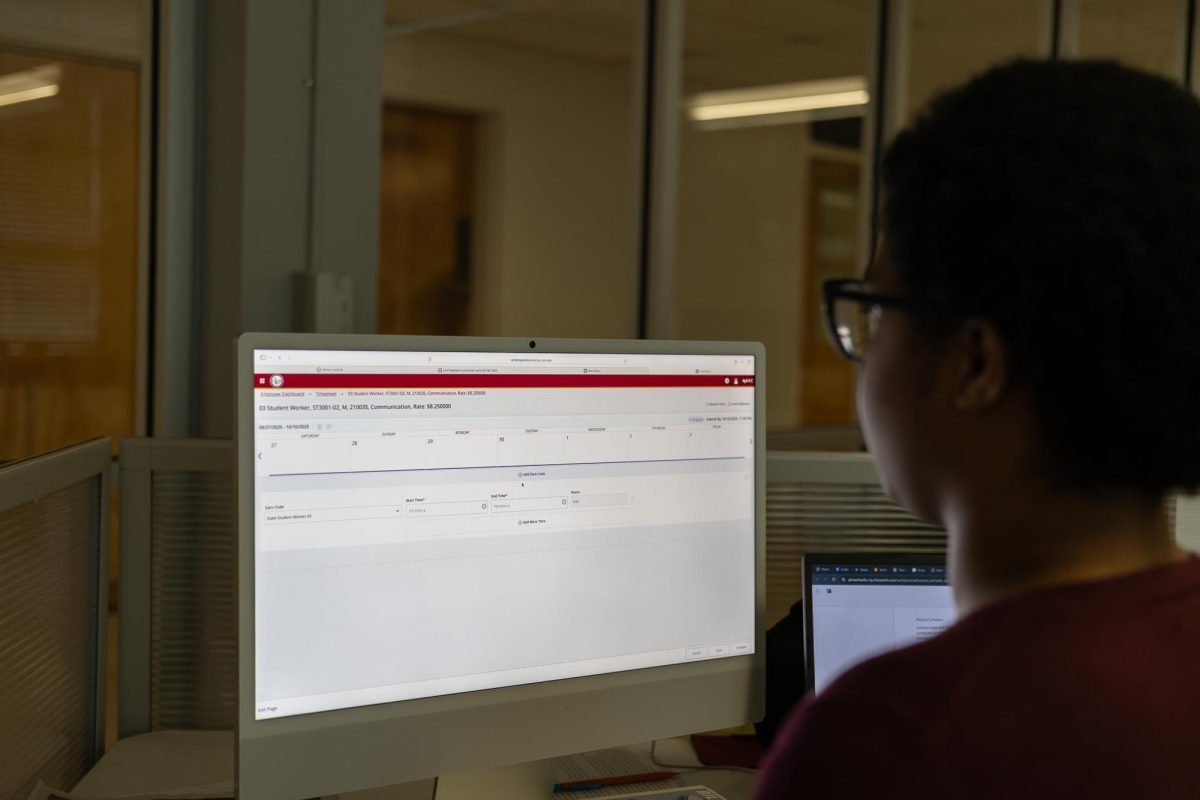As a salt water wedge continues to build up in the Mississippi River, south Louisiana’s drinking water continues to be threatened.
Many communities rely on the Mississippi River for its freshwater, and Plaquemines Parish took the first hit.
According to AP News, water advisories have been issued within the parish since June, warning residents that the water was unsafe to drink.
Many people turned to the use of bottled water for cooking and drinking.
Usually, the Mississippi River’s flow is strong enough to keep salt water from going too far inland. But the country’s dry and hot conditions led to a drought that slowed the river’s flow and lowered its water level.
This can cause salt water from the ocean to migrate along the bottom of the river. During this period of low flow, dense salt water sinks beneath the river’s freshwater and pushes north.
While Plaquemines Parish has already been affected by this intrusion, other parishes, including Orleans, St. Bernard and Jefferson, are projected to be impacted later this month.
Without rain, the salt water will continue to move upriver and leave residents without clean drinking water.
Officials have addressed this crisis in many ways, including the heightening of a sill used to block the flow of salt water.
According to NOLA, the Army Corps of Engineers is preparing to barge in 36 million gallons of water each day from upriver to mix with supplies at local plants in order to dilute the salt.
Currently, they are bringing in 15 million gallons of water to the area.
On Sept. 25, Gov. John Bel Edwards submitted a request to President Biden asking for a Federal Emergency Declaration because of the salt water intrusion.
Biden approved the request on Sept. 27.
According to the governor’s website, the Federal Emergency Declaration will provide monetary assistance to fund ongoing saltwater intrusion mitigation efforts and allow other government agencies to fund projects to help manage the situation.
“I’m grateful to the Biden administration for making this request a priority and responding quickly to help the people of south Louisiana,” Edwards said.
The effects of the salt water could continue for up to three months.






